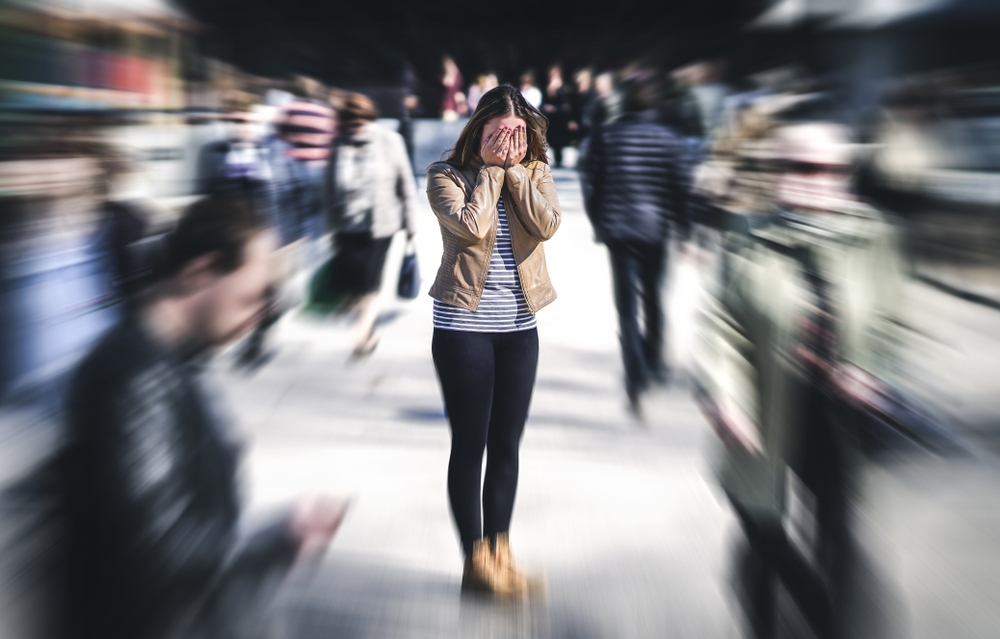Myth: Menopause always causes severe anxiety.
Fact: While menopause can lead to anxiety for some women due to hormonal changes, not everyone will experience severe anxiety. Many women go through menopause with minimal or no anxiety symptoms. Factors such as lifestyle, overall health, and individual stress levels play significant roles in how menopause affects each person. It’s essential to recognize that while anxiety can be a symptom of menopause, it’s not a universal experience.
Improving lifestyle to manage anxiety can involve several strategies that focus on physical, mental, and emotional well-being.
Here are some tips:
Physical Health
- Regular Exercise: Engage in regular physical activity such as walking, jogging, yoga, or cycling. Exercise releases endorphins, which can help reduce anxiety.
- Healthy Diet: Eat a balanced diet rich in fruits, vegetables, lean proteWe ins, and whole grains. Avoid excessive caffeine, sugar, and alcohol, which can increase anxiety.
- Sleep: Ensure you get enough sleep. Aim for 7 hours per night, and maintain a consistent sleep schedule.
- Relaxation Techniques: Practice relaxation methods such as deep breathing exercises, progressive muscle relaxation, or meditation to calm the mind.
Mental Health
- Mindfulness and Meditation: Incorporate mindfulness practices or meditation into your daily routine to help manage stress and stay present.
- Cognitive Behavioral Techniques: Learn and practice cognitive-behavioral strategies to challenge and change unhelpful thought patterns.
- Limit Screen Time: Reduce time spent on screens, especially before bed, to help decrease anxiety and improve sleep quality.
Emotional Health
- Social Support: Stay connected with friends and family. Talking about your feelings and spending time with loved ones can provide comfort and reduce anxiety.
- Therapy: Consider seeking professional help from a therapist or counselor. Cognitive-behavioral therapy (CBT) is particularly effective for anxiety.
- Journaling: Keep a journal to express your thoughts and feelings. Writing can help you process emotions and reduce anxiety.
- Hobbies and Interests: Engage in activities and hobbies that you enjoy and that help you relax and take your mind off stressors.
Lifestyle Adjustments
- Time Management: Develop good time management skills to avoid feeling overwhelmed. Prioritize tasks and break them into manageable steps.
- Avoid Stimulants: Limit intake of caffeine, nicotine, and other stimulants that can exacerbate anxiety.
- Set Boundaries: Learn to say “NO” and set healthy boundaries to avoid overcommitting yourself.
- Self-Care: Make time for self-care activities that nurture your body and mind, such as taking a warm bath, reading a book, or enjoying nature.
Implementing these strategies can help create a balanced lifestyle that reduces anxiety and promotes overall well-being. It is not easy. As women we are doers and love to contribute, over commit and stand tall and strong. Please do not forget to take time for self love and care.
~ Dr. Mia Chorney
thePause Co-Founder and CPO

